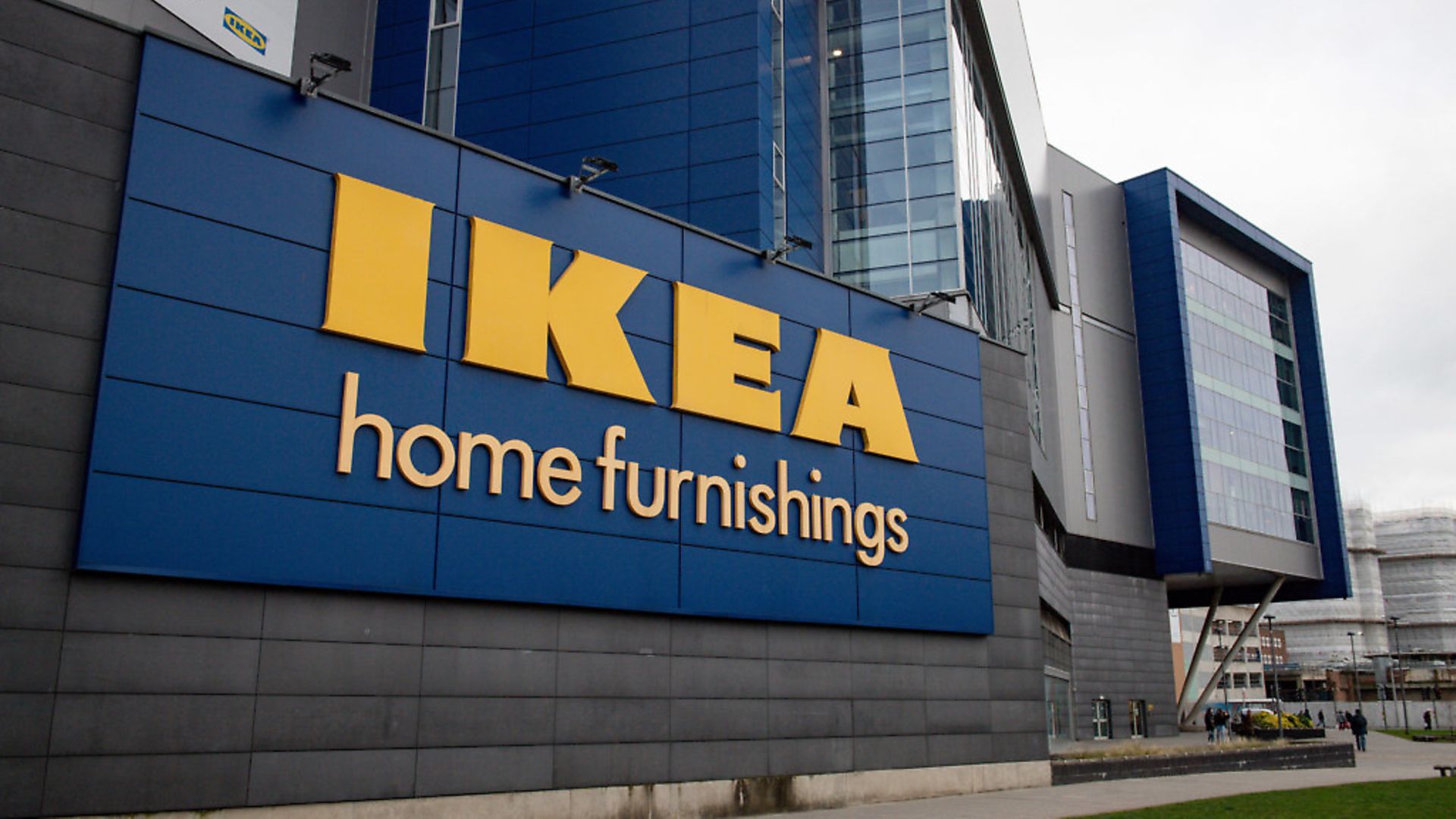
Ikea has confirmed plans to shut one of its large UK stores for the first time in its 33-year history in the country.
The company said it will close the doors of its £35 million Coventry branch, which opened at Christmas in 2007, with 352 workers expected to lose their jobs.
The Swedish furniture and home improvement giant added the site in the city centre was too expensive to keep operating and had lost customers to retail parks and online shopping.
In a statement, Ikea said: “The store was built over seven levels, which resulted in a significant impact on the operating costs of the store and the shopping experience for customers.
“In addition, the changing behaviour of customers in the area who prefer to shop in retail parks and online has resulted in visitor numbers being substantially lower than expected and continuing to decrease over time.
“These factors have led to the store making consistent losses.”
The company said it tried a number of initiatives to keep the store open but “these have not resolved the fundamental challenges connected to the location and the format of the store”.
An attempt by Ikea to downsize or redevelop the site was “not a realistic option”.
Questions have been raised over whether or not Brexit contributed to the decision on top of the changing retail picture.
George Charles, spokesperson for MoneySavingHeroes.co.uk said: “Despite remaining seemingly unaffected by the issues plaguing the high-street, IKEA has succumbed to its first big store closure.
“Going to IKEA is often seen as a novel day out, but the attitude of the modern consumer is changing; people want speed and convenience, and having to walk around a huge IKEA store can deter people.
“We are in a lazy era, where consumers want to be spoon fed and have everything ready on a plate for them, thus the appeal of online shopping.”
He added: “One would have to pose the question of whether this is Brexit related, because tariffs to import goods could increase, but the company has maintained its commitment to the UK, although time will tell on this one.”
In 2016 the then UK boss Gillian Drakeford said the business would continue to invest in the country, but in 2017 admitted it had to increase price tags by around 3.6% in some areas to counteract a 13.7% jump in import costs.
In 2018 Drakeford’s successor Javier Quinones said the firm was operating in a “tough economic environment”.
“Consumer confidence has gone down in the last couple of years,” he said, before adding that the company was working on contingency plans after a drop in the value of the pound hit profit margins.
“We didn’t pass on all of the costs,” he said.









